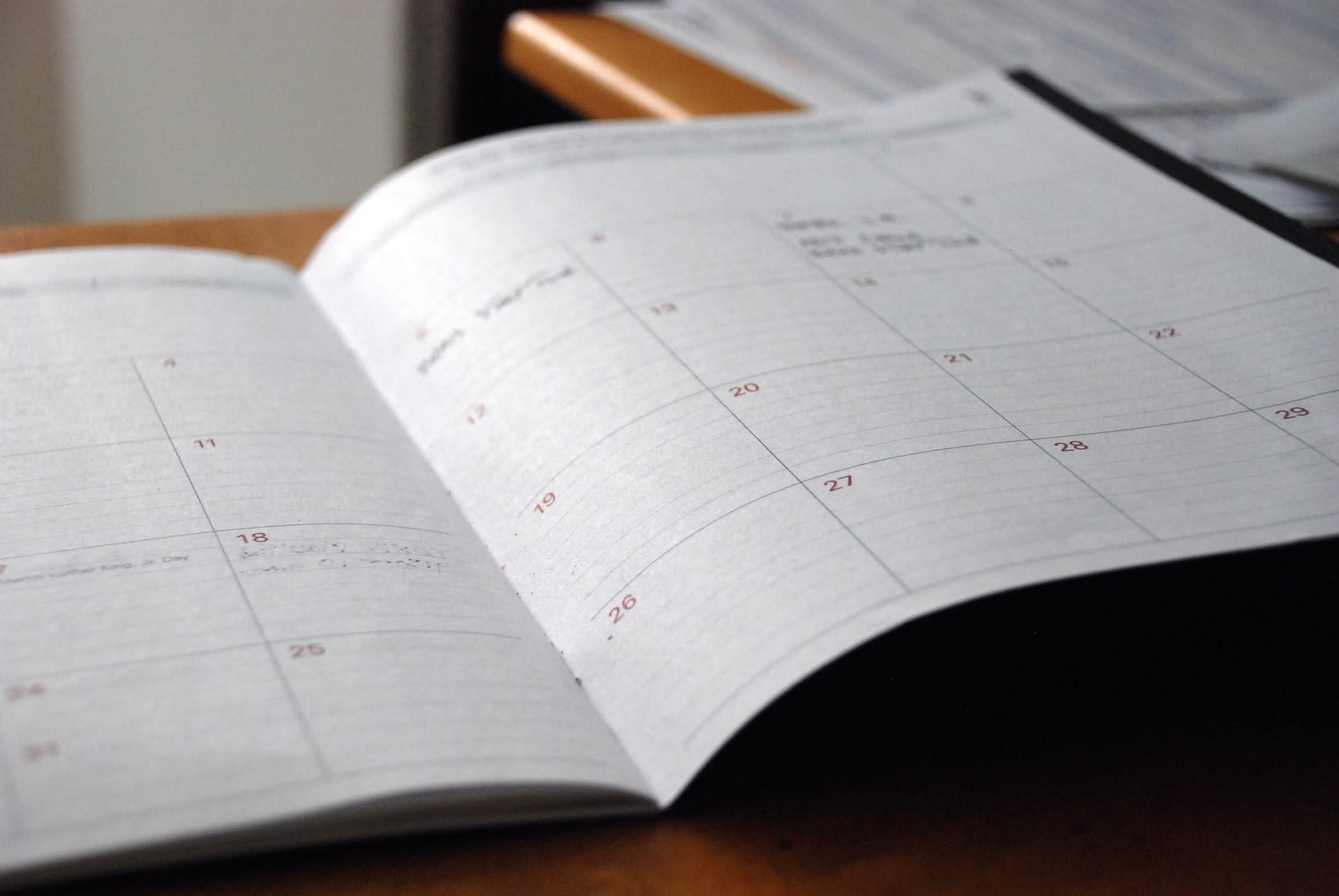6 Tips to Prevent Burnout When Working from Home
Learn how to adjust your life to working from home. Consider the following tips that will help you prevent burnout.

When an office worker imagines working from home, they often envision this ideal world. You lounge on a sofa in your pajamas, snack every 15 minutes, and have the freedom to work when you feel like it. Every remote worker knows that this world can be far from ideal.
Working from home comes with its challenges. Constant distractions, making your own schedule, lack of motivation, and isolation are just some of the factors that can lead to burnout.
No distinction between a home and an office can put you under consistent pressure. Without a routine, you can step into the cycle of poor sleep, bad eating habits, and a hectic schedule.
As the number of remote workers increases, more people are learning how to cope with work-from-home kind of life. If not prevented, burnout can put you in an unceasing state of exhaustion, anxiety, and even depression.
Learn how to adjust your life to working from home. Consider the following tips that will help you prevent burnout.
1. Get into a Routine
The lack of routine that comes with remote work can be considered a blessing. However, we mustn’t forget that the routine is good for our body and mind. You shouldn’t cross off having a routine. Simply, create a routine that will suit you best.
A routine is a crucial ingredient in burnout prevention. Just consider the following health benefits of a routine:
- Your mind will get unburdened since it will get used to the same pattern of behavior.
- The stress levels will lower as you won’t have to make new decisions all the time.
- You’ll get to make the most of your time.
- You’ll have a better sleep schedule. Getting enough sleep is necessary for sharpness, productivity, energy, and emotional well-being.
2. Give Yourself a Break
What do you think how much work can your brain handle before needing a break? Would you be surprised that the answer is less than an hour?
The human mind has two states of energy. The high energy spurt and low energy spurt. You want to exploit that high energy and rest during the low energy spurt. The break will yet again lead you to the productivity peak by refilling your energy.
According to a Draugiem Group’s study (reported by Business Insider), the work-to-break ratio that proved to be the best is 52 minutes of work and 17 minutes of rest. They found that people who were committed to this ratio had an impressive level of focus. In that hour, they were completely dedicated to their work.
Tap into your brain’s high energy levels with regular breaks. Give yourself time to rest. You can introduce a new break routine where you work for an hour and rest for 15 minutes. You’ll get more done in less time when your focus is at 100%.
3. Organize Your Work Schedule

In case your job doesn’t come with set work hours, you should do that on your own. The freedom to work whenever you want can quickly take its toll. You can get disorganized, procrastinate, miss deadlines, or spend endless sleepless nights trying to catch up.
A set work schedule will help you get into work mode. Your body and mind will get used to working at that time. You won’t have to push yourself to do the job. The brain will be ready for it.
Alison Lee, a remote worker and essays editor at Subjecto shared that set work hours is a golden tip for avoiding burnout. "Not only will a set schedule help you to motivate yourself, but it will also leave you with more free time. Instead of jumbled work hours that take all of your day, you can get your work done and relax,” said Alison.
Morning hours are considered to be the most productive. However, if your creativity and productivity thrive when the sun sets, that’s when you should start working.
4. Establish “No Disturbance during Work Hours” Policy
If you share your living space with someone, you are well familiar with interruptions. Every time someone knocks on your door, calls you or wants to ask you "a quick question," your focus will be disturbed.
Set your boundaries. Help your family or roommates understand that you need peace. No one should enter your room or talk to you while you work. You deserve your work-time to be without distractions.
5. Give Yourself Some Love (Daily)

Your work never leaves your home. It often happens that it also never leaves your mind.
Don’t allow your work to take over your life. Make sure that you have “you time” every single day. The pressure of work needs to be balanced with self-care.
Self-care is a must in this fast-paced-pressure-filled world we live in. Remember that self-care isn’t just a fancy bubble bath with rose petals. Any type of activity (or inactivity) that brings you joy and peace is self-care.
Use your breaks to show yourself some love. When you are happy and content, you’ll release your body of stress and be more clear-minded.
Here are some ideas of self-care habits that you can introduce in your daily routine:
- Listen to your favorite mood-boosting music
- Go for a walk or jog
- Watch a good movie
- Cook a nice treat
- Work on your hobby
- Take a nap
- Call a friend for a chat
- Meditate or do yoga
6. Get Moving
Yes, you’ve heard this a thousand times, but there’s no getting around it. Your body needs activity. Working from home can strip you of any kind of activity since the comfort of your home can be too good to leave.
Do you need a good reason to start exercising? Here are 5 good reasons:
- It improves cognitive function
- It helps with reducing stress
- It leads to less emotional exhaustion
- It improves sleep quality
- It creates a sense of personal accomplishment
You don’t need to become a regular at a gym if you’re not a fan of it. Take your dog for a walk, jog around the neighborhood, do some yoga in the backyard – any type of activity will do.
Don’t Underestimate the Burnout
Burnout can affect your mental, physical, and behavioral well-being. It is an alarming condition that can deteriorate your health and have negative consequences on your job. Make sure that you don't let it get so far.
Use these tips to make some positive changes in your remote work life. Prevention is better than a cure. Little actions you take today can contribute to your well-being and improved productivity.

